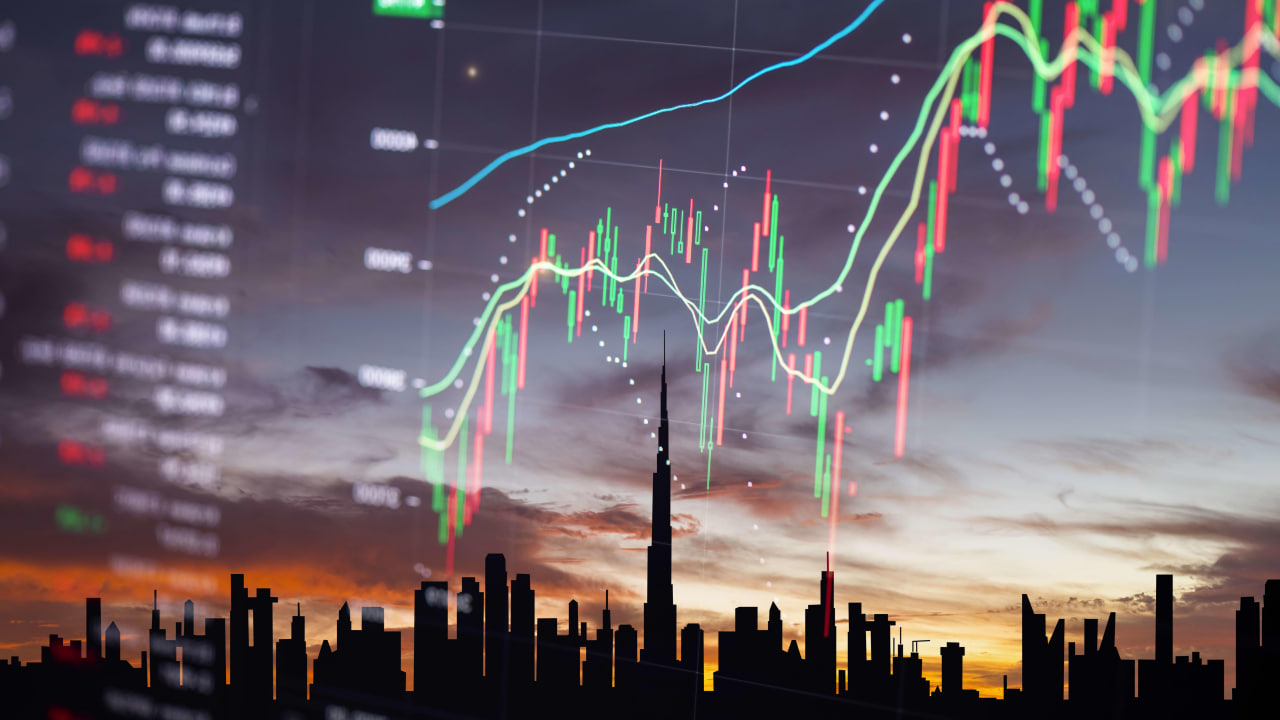EU Sanctions Target Chinese Firms: A Deep Dive into Geopolitical Fallout and Economic Implications
Meta Description: EU sanctions on Chinese companies, geopolitical tensions, impact on global trade, China-EU relations, countermeasures, legal implications of sanctions, supply chain disruptions.
This isn't just another news story about sanctions; it's a seismic shift in the global economic landscape. The European Union's 15th round of sanctions against Russia, unprecedentedly including Chinese entities and individuals under "comprehensive sanctions," has sent shockwaves through international trade and diplomacy. Think about it: this isn't some minor spat; we're talking about the potential unraveling of decades-long partnerships and the unpredictable ripple effect on global supply chains. This bold move by the EU is fraught with implications – for businesses, investors, consumers, and ultimately, the delicate balance of global power. We’ll delve into the nitty-gritty, examining the specific Chinese companies affected, the legal groundwork (or lack thereof) underpinning these sanctions, and the potential ramifications for both China and the EU. Get ready for a no-holds-barred analysis that peels back the layers of this complex geopolitical situation, revealing the hidden currents that are shaping our world. We’ll unpack the official statements, explore the potential responses, and provide expert insights into what this all really means for the future of international commerce. Brace yourselves – this isn't your average economics lesson; it's a front-row seat to a crucial moment in global history. We’ll dissect the official pronouncements, examine potential countermeasures, and offer expert analysis to help you navigate this turbulent period. Don't just read the headlines; understand the forces at play. Let's unravel this complex situation together.
EU Sanctions on Chinese Companies: A Growing Concern
The recent inclusion of Chinese companies and individuals in the EU's 15th round of sanctions against Russia marks a significant escalation in geopolitical tensions. This move, which the Chinese government has vehemently condemned, raises serious questions about the future of Sino-European relations and the stability of global supply chains. The EU's rationale, likely centered around preventing circumvention of sanctions imposed on Russia, has been met with strong pushback from Beijing. China's response has been swift and resolute, emphasizing its commitment to protecting the legitimate rights and interests of its businesses. This isn't merely a trade dispute; it's a clash of economic and geopolitical strategies with far-reaching consequences.
The specifics of which Chinese entities are targeted remain a closely guarded secret, adding to the uncertainty. A lack of transparency in the EU's sanctioning process fuels mistrust, hindering international cooperation and exacerbating existing frictions. However, it's crucial to consider the broader implications. This action underscores a growing trend of using sanctions as a tool in geopolitical maneuvering, potentially destabilizing international trade and investment flows.
The Legal Landscape: A Minefield of International Law
The legality of these sanctions under international law is a complex issue, riddled with ambiguities. While the EU argues its actions are justified in preventing the circumvention of sanctions, critics point to a lack of clear evidence and due process. This creates a legal grey area, potentially leading to protracted legal battles and increased uncertainty for businesses operating in this volatile environment. Many legal experts believe the EU's justification requires a much higher burden of proof, a hurdle that has yet to be convincingly cleared. This legal uncertainty adds another layer of complexity to the situation, making it difficult for businesses to assess the risks involved and plan for the future. The potential for future legal challenges is high, adding another layer of uncertainty to already volatile geopolitical conditions.
Economic Impacts: A Ripple Effect Across Global Markets
The economic implications of these sanctions extend far beyond the targeted Chinese companies. The interconnected nature of global supply chains means that disruptions in one area can quickly trigger cascading effects across various sectors. Increased uncertainty can lead to reduced investment, impacting economic growth in both China and the EU. The potential for retaliatory measures from China further complicates the situation, potentially escalating the conflict and creating a vicious cycle of protectionism.
This is especially concerning given the already strained global supply chains. Added disruption could lead to higher prices for consumers worldwide and could limit access to essential goods and services. Experts predict a potential surge in inflation and scarcity of raw materials, particularly in sectors heavily reliant on trade with China and Russia.
Geopolitical Implications: A Test of International Cooperation
This event represents a significant test of international cooperation and the effectiveness of multilateral institutions. The EU's actions challenge the norms of international trade and raise questions about the future of global governance. It also underscores the growing competition between major global powers, creating a more fragmented and unpredictable international order. The lack of consensus on the legality and appropriateness of these sanctions further weakens international institutions and their ability to address global challenges effectively.
The long-term impact on the relationship between China and the EU also remains unclear. While both sides have expressed a commitment to maintaining a stable relationship, the recent sanctions are likely to strain cooperation on various fronts, hindering progress on shared goals.
Navigating the Uncertainty: Strategies for Businesses
For businesses operating in the affected sectors, navigating this uncertainty requires careful planning and risk assessment. This might involve diversification of supply chains, exploring alternative markets, and engaging in proactive communication with stakeholders. A thorough understanding of the legal landscape and potential consequences is crucial for informed decision-making. Ignoring these developments could lead to significant financial losses and reputational damage.
Here's a breakdown of strategies businesses might consider:
- Diversify Supply Chains: Reduce reliance on single suppliers and explore alternative sourcing options.
- Risk Assessment: Conduct thorough due diligence to identify potential risks and develop mitigation strategies.
- Legal Counsel: Seek expert legal advice to navigate the complexities of international sanctions.
- Communication: Maintain open communication with stakeholders, including customers, suppliers, and investors.
- Compliance: Ensure full compliance with all relevant sanctions regulations.
Frequently Asked Questions (FAQs)
-
Q: What specific Chinese companies are sanctioned? A: The EU hasn't publicly released a complete list, adding to the opaqueness of this process. Information is slowly emerging through various news sources, but a definitive list remains elusive.
-
Q: What are the potential consequences for sanctioned Chinese companies? A: These consequences can include asset freezes, travel bans for executives, and limitations on accessing the EU market.
-
Q: Can China retaliate against the EU? A: Absolutely. China has already expressed its strong opposition and may take countermeasures, potentially affecting EU businesses operating in China.
-
Q: What is the long-term impact on EU-China relations? A: The long-term impact is uncertain and will depend largely on how both sides respond to the situation. However, increased tensions and reduced trust are likely in the short-term.
-
Q: How does this affect global supply chains? A: Disruptions to supply chains are likely, potentially leading to increased prices and shortages of goods in various sectors.
-
Q: What legal recourse do sanctioned companies have? A: Sanctioned companies have the right to challenge the sanctions in EU courts, but this is a lengthy and complex process with uncertain outcomes.
Conclusion:
The EU's decision to sanction Chinese companies in its latest round of actions against Russia is a significant geopolitical and economic event. The lack of transparency, the potential legal challenges, and the broader economic implications raise serious concerns about the future of international cooperation and the stability of global markets. Businesses must proactively manage the risks associated with these sanctions, and careful monitoring of developments is crucial for informed decision-making. The coming months will be critical in determining the full impact of these sanctions and the evolving dynamics between China and the EU. This situation is far from resolved, and the unfolding events will continue to shape the global economic and geopolitical landscape for years to come. Stay tuned for further updates.



